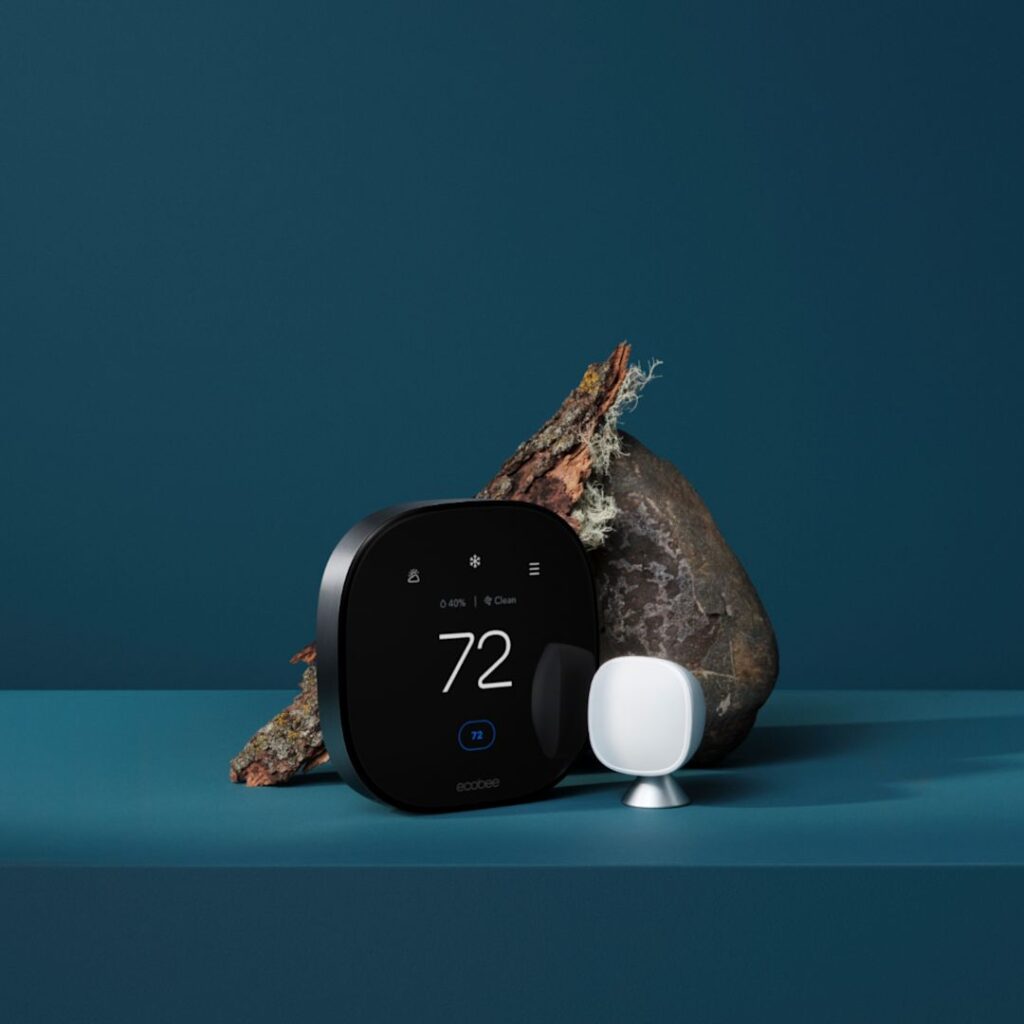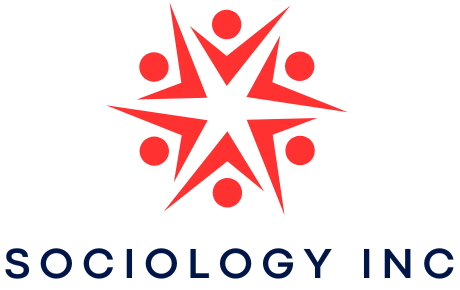The other day, I caught my own refrigerator judging me. Seriously. It pinged my phone a low stock alert for kale, right after I’d finished off the last pint of ice cream. It felt weirdly personal, like my appliance knew my guilty secret. And that’s just the tip of the iceberg lettuce. Our cars track our every turn, doorbells decide who looks suspicious, and fitness bands nudge us about that missed workout. This, my friends, is the Internet of Things IoT in action everyday stuff turned into silent observers. It’s convenient, sure, but have you stopped to think what this constant connection is really doing to us, societally speaking? The implications run way deeper than just knowing when you need more milk. Honestly, I call it ambient surveillance”. It’s not some scary guy in a trench coat; it’s this invisible, ever-present hum of data collection woven right into the fabric of our homes and lives. It feels normal now, but step back a second. How is IoT Changing Social Class? Think about it. That sleek smart thermostat, the latest wearable tech, the car that parks itself are not just gadgets anymore. They have become potent markers of social status. Being able to afford and integrate this smart technology creates a new kind of divide. If you cannot access or afford these IoT devices, you might find yourself locked out of opportunities or social circles that just assume everyone is constantly online. It is a fresh layer of digital inequality, plain and simple. And the data? Oh boy, the data.
It is not just ones and zeros; it is becoming a new form of social power, a kind of social capital. Your fitness tracker info? Insurance companies are very interested in that for setting your premiums. Your smart home routines? Employers could potentially use similar patterns to gauge productivity. Even your connected payment systems feed into credit algorithms. Suddenly, your IoT footprint is like a permanent digital biography tagging along everywhere you go. This deep dive explores how IoT devices are reshaping our social fabric, from privacy concerns to new forms of inequality discover what it means for you. Remember that feeling of your fridge judging you? That is the old idea of privacy gasping its last breath. The IoT is not just collecting; it is fostering bizarre new relationships. My smart speaker feels like another presence in the room, listening during family dinners. My watch nags me about steps like a relentless digital coach. The lines between public life and private moments? They are blurring faster than I can say “Hey Google. What keeps me up at night is how these systems can accidentally or not make existing social inequalities worse while inventing new ones. Think about smart city infrastructure. Algorithms controlling things like streetlights or policing cameras can bake in algorithmic bias, leading to unfair resource allocation or even racial discrimination. Or consider smart home systems. Often designed by teams lacking diversity, they might not recognize voices or cultural patterns outside their creators’ experiences, creating frustrating barriers. It is technology reflecting the blind spots of its makers.

Things get philosophically weird too. Human agency: our ability to make choices gets tangled when objects gain a semblance of it. Your smart thermostat decides the perfect temperature. Your car suggests a route. These Devices are not just passive tools; they actively shape our decisions. It challenges the very core of how we understand free will within society. Communities in the Age of Connected Data, Even how we form community bonds is shifting with IoT integration. Neighborhoods decked out with smart security or shared energy monitoring apps develop a different vibe. Sharing data about outages or suspicious activity can build social solidarity, a collective digital watchfulness. But, let us be real, it can also fuel neighborly suspicion and conflict. Is Mrs. Smith using that much water? The data knows!
Let me tell you about my friend Sarah. She got a smart scale last year, one of those fancy ones that tracks body fat percentage, muscle mass, and even metabolic age. At first, it was motivating. Then, one day, it pinged her with a notification: Your weight has increased. Consider adjusting your diet. She hadn’t asked for advice. She wasn’t even weighing in for health reasons, just curiosity. That’s when it hit her: IoT devices don’t just collect data; they judge us. And worse, they often do it based on rigid, one-size-fits-all metrics. What happens when a smart device shames someone into unhealthy habits? Or when a fitness tracker misinterprets a rest day as laziness? The emotional toll of constant algorithmic nudging is something we’re only starting to understand. Here’s the thing: we think we’re in charge of our smart homes, but are we really? Sure, I can tell my voice assistant to turn off the lights, but who controls the backend?
Companies can and do push updates that change functionality overnight. Remember when a certain smart speaker accidentally recorded a private conversation and sent it to a random contact? Or when a home security system went offline due to a server issue, leaving houses unprotected? We’re handing over control in ways we don’t always realize. And when these systems fail or get hacked like that time a baby monitor got hijacked the consequences aren’t just inconvenient. They’re terrifying. Nobody talks about the work that comes with IoT devices. It’s not just setting them up, it’s the constant maintenance. Updating firmware, resetting passwords when a smart lock glitches, re-teaching your *voice assistant to recognize your accent after an update. And let’s not forget the mental load. Now, instead of just locking the door, I have to wonder: Did the app actually register the command? Is my home secure, or did the Wi-Fi drop? The promise of smart technology was simplicity, but sometimes, it feels like we’ve traded one kind of effort for another one that’s more opaque and harder to troubleshoot. At work, IoT systems go way beyond counting keystrokes. They create new hierarchies. Workers fluent in navigating the latest smart technology gain an edge, while those struggling find themselves sidelined. Tech-savviness becomes a key form of social capital in the professional world.
References
The Culture of Surveillance: Watching as a Way of Life (Cambridge: Polity https://www.politybooks.com/bookdetail/?isbn=9780745671727
Zuboff, S. The Age of Surveillance Capitalism: The Fight for a Human Future at the New Frontier of Power (New York: PublicAffairs)
Federal Trade Commission. (2015). *Internet of Things: Privacy & Security in a Connected World*. FTC Staff Report. Retrieved from https://www.ftc.gov/system/files/documents/reports/federal-trade-commission-staff-report-november-2013-workshop-entitled-internet-things-privacy/150127iotrpt.pdf

